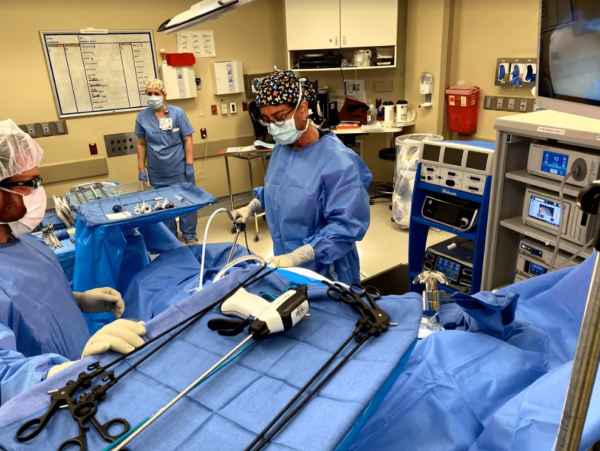National Health Education Week –Focusing on Health in 2021
The third week in October (Monday the 18th through Friday the 22nd) is National Health Education Week. The purpose of National Health Education Week (or NHEW for short) is to raise awareness about public health issues, train the next generation of health education specialists, and help people improve their overall wellbeing.
Importance of NHEW
National Health Education Weekis hosted by the Society for Public Health Education (SOPHE). Over the years, numerous important health topics have been covered, including:
- Mental health and mindfulness
- School health
- Health literacy and combatting misinformation
- Reducing discrimination in health education
- Chronic conditions such as cancer, diabetes, obesity, heart disease, etc.
SOPHE’s focus on preventive action aims to reduce the incidence of chronic health conditions, which in 2014 afflicted about 60% of adults in the U.S. Many of those conditions are preventable with simple measures, which is why health education is so important.
NHEW Topics and Events
Each day from Monday through Friday focuses on a different health education topic, andSOPHE hosts webinars on each of those topics throughout the week. This year’s calendar includes the following.
Monday – Back to School in 2021
The focus of Monday, October 18th is going back to school in 2021 after the COVID-19 pandemic. In particular, the focus will be on the challenges involved in returning to in-person instruction, including the mental health difficulties that students and teachers will need to overcome.
Tuesday – Careers in Health Education
October 19th is all about promoting health education skills for those who want to pursue a career in the field. The focus is on highlighting your skills, training, and education in a way that differentiates you from other candidates. If you’re interested in health education as a career, this day is for you.
Wednesday – Diversity Through Accessibility
When it comes to health education, it’s important to be able to reach as many people as possible. That’s why Wednesday’s focus is on making health education resources accessible to as wide an audience as possible, whether those resources are presented in person or online.
Thursday –The Future of Health Literacy
On the 21st, it’s time to learn about promoting health literacy as it’s defined in the Healthy People 2030 initiative. The goal is to help people and organizations fulfill their responsibilities when it comes to finding, interpreting, and applying informational resources, specifically when it comes to sifting through information (and misinformation) about COVID-19.
Friday –Mental Health in the Workplace
Isolation, anxiety, mental fatigue, and other mental health issues have significant impacts on people in the workplace. The learning goals on Friday, October 22nd are centered on addressing these issues.
NHEW FAQs
Naturally, people often have questions about National Health Education Week. Some of the most common questions are addressed below.
Are there different types of health education?
Health education covers different categories, including:
- Individual bodily health
- Information for health services
- How health choices affect the environment
Health education involves physical, social, and mental wellbeing as well as overcoming various ailments.
How did National Health Education Week start?
NHEW was started in 1995 by SOPHE in collaboration with the Department of Human and Health Services. SOPHE has been hosting it ever since.
Health Education Week – What Can You Do?
Health education is important to helping people all over the world be better informed about how they can preserve and improve their wellbeing. During National Health Education Week this year, there are many ways you can help out.
Get a Checkup
For instance, when encouraging people become more informed about their health, it helps if you’re taking care of your own wellbeing first. If you haven’t had a checkup with your doctor in a while, now is a great time to schedule one.
In some cases, you might want to contact a specialist. For example, someone struggling with obesity might contact a bariatric surgeon to discuss their options.
Donate to a Cause
There are many charitable causes that promote health and awareness. Donating your time or funds to any of these organizations can go a long way toward making sure people are better educated about important health topics.
Contact Policymakers
Government policy can have a dramatic impact on health education and public wellbeing. Contacting your local, state, and federal representatives to get support for important health issues can go a long way toward promoting sound policy.
Spread the Message
Finally, you can spread the word! National Health Education Week is ultimately about information. You can inform people about the resources provided through SOPHE and other organizations during the week through social media and other outlets. Get out there, and get the message out!







